I've tried for days trying to find the proper answer to this, and finally I figured out how to do this via the curl command. It's a 3-step process.
First, to get a list of the assets for the latest release:
curl -H "Authorization: token YOURGITHUBTOKEN" \
https://api.github.com/repos/NAME/REPO/releases/latest
Then in the JSON, look up the url of the asset you want. For example it would look like:
"url": "https://api.github.com/repos/NAME/REPO/releases/assets/1275759"
Then you pass this to another curl command to retrieve the actual URL, which is actually a link to an Amazon S3 file.
curl -H "Authorization: token YOURGITHUBTOKEN" \
-H "Accept:application/octet-stream" \
-i https://api.github.com/repos/NAME/REPO/releases/assets/1275759
The URL will be in the "location" field of the HTTP response, and then use curl to get the file like this:
curl "https://github-cloud.s3.amazonaws.com...." -i -o FILENAME
